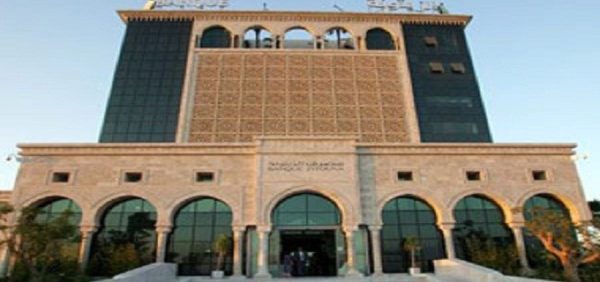The news fell on October 3rd. The Tunisian state sold its 67% stake in the Zitouna Bank and its 70% in the Zitouna Takaful insurance company for a total of 370 million dinars, or 112 million euros (or 73.5 billion euros). CFA). The buyer, the local subsidiary of the Qatari Majda Group, won the bid against the Moroccan-Qatari consortium formed by the CIH bank, the Caisse de dépôt and Gestion (CDG) and the QIIB (Qatar international islamic bank), the majority shareholder. Ecobank and the largest banking group in the Middle East.
Recall that Burkinabé Coris Bank and the Moroccan BCP had not finally filed a financial offer. An unauthorized source instead speaks of an “unexpected chance” for these two banks given the impending evolution of prudential ratios and minimum capital requirements in the country of jasmine.
As of December 31, 2018, Tunisian banks must take into account market risk and counterparty risk on derivatives in the calculation of the solvency ratio. In other words, it will be up to the banks to make fund calls to meet the regulator’s new requirements. In other words, the new buyer of Bank Zitouna should inject liquidity. Perspectives that do not disturb a Qatari bank, often liquid.
Founded in 2009, Zitouna Bank has a network of 114 branches spread throughout Tunisia. Zitouna Takaful is the first insurance company in Tunisia operating according to the Takaful model. It has a network of 48 branches and branches.
Context
The Mejda Group has achieved the highest financial offer, said Adel Ghrar, Chairman of Al Karama Holding, the structure that manages the companies confiscated from former President Zine El Abidine Ben Ali and his family after the revolution 2011. The Zitouna group belonged to Sakhr al-Materi, the son-in-law of former president Ben Ali, before being seized by the state in 2011.



